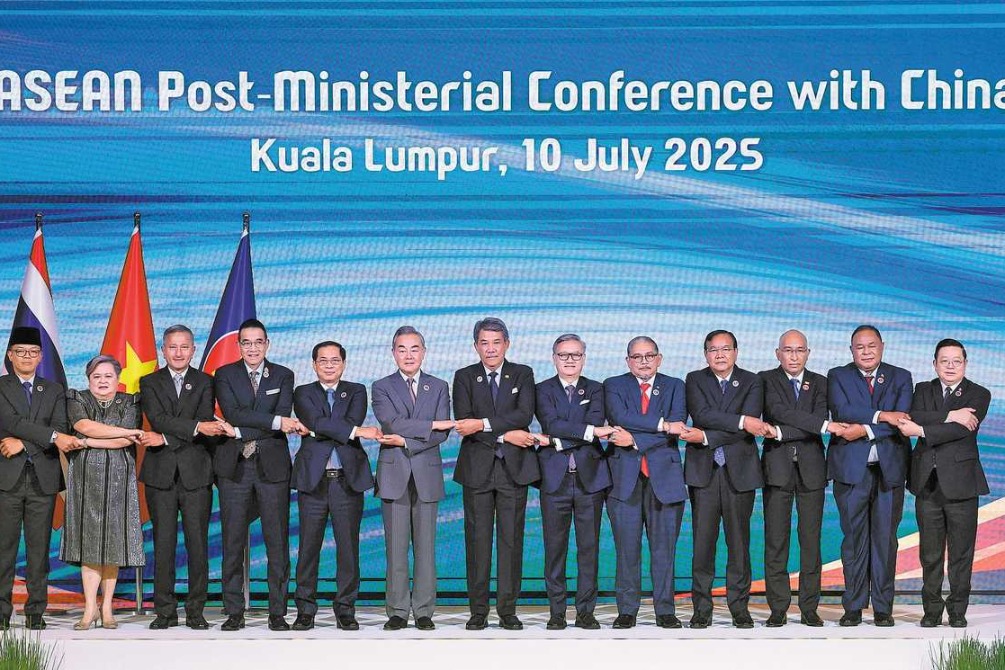Ambassador Xie Feng: In a globalized world today, why should China and the United States backpedal and return to the era of mutual estrangement and antagonism?


On April 20, Chinese Ambassador to the United States Xie Feng attended the opening ceremony of the Harvard Kennedy School China Conference 2024 and delivered a speech.
Ambassador Xie pointed out that the peoples of China and the United States share a natural affinity for each other. Before the pandemic, More than 300 flights flew between China and the United States every week. Over 5 million mutual visits were made every year. Among them, 3 million Chinese travelers visited the United States annually, contributing more than $30 billion to the US economy. With nearly 290,000 students studying here, China has been the largest source of international students in the United States for 15 consecutive years.
Ambassador Xie said that unfortunately, in the past few years, a number of mutually beneficial cooperation mechanisms were halted, including the China-US Governors Forum, the Forum on the Arts and Culture, the Social and Cultural Dialogue, the State & Provincial Education Leaders Dialogue, the Innovation Dialogue, and the Young Scientist Forum. In the recent three years, the US side has harassed and deported nearly 300 Chinese citizens without just cause. The China travel advisory has deterred many American students from visiting our country. American experts and scholars have become more reticent under the chilling effect of the so-called "political correctness".
Now that our leaders have agreed to increase people-to-people exchanges, why should all these barriers in travel, visa and border policies still be there? During the era of mutual estrangement and antagonism from 1949 to 1971, trade between China and the United States was almost zero, and our citizens had to get stapled visas to visit each other's country. In a globalized world today, why should we backpedal and return to the past?































